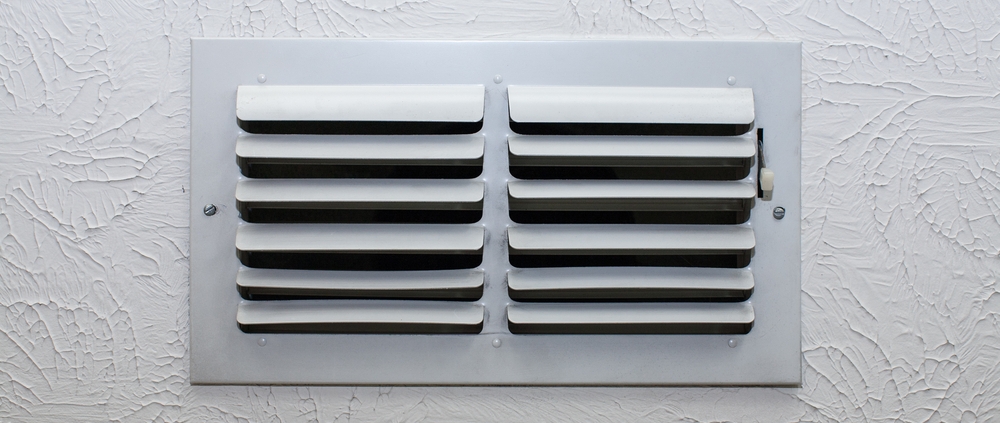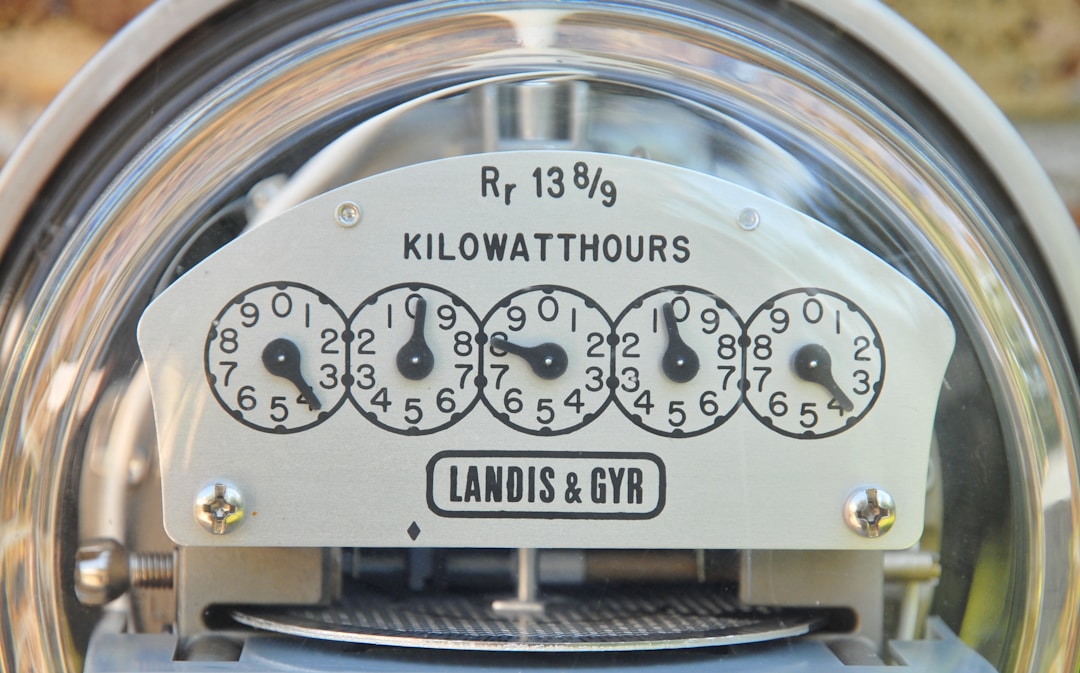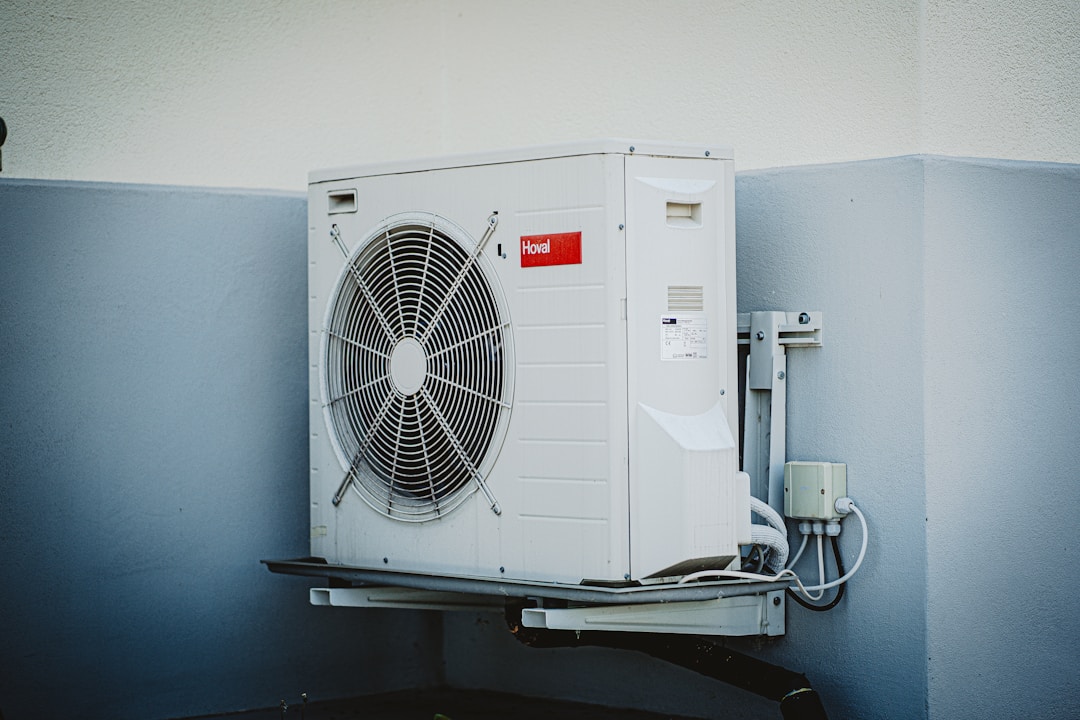Many people live by the motto that if something isn’t broken, you shouldn’t fix it. However, have you ever noticed how much better your car drives when it’s new or how much brighter a room is with new light bulbs? Similarly, your HVAC system can benefit from routine maintenance. Even though your system is working, it might not be operating at maximum efficiency or functionality. Throughout normal use, your equipment could develop loose connections, small leaks, and dirt buildup. These things could be preventing your system from running at peak performance.
Without annual maintenance, your heating and cooling system could be impacting your wallet, safety, and health. As such, one of the best things that you can do for your home is to invest in regular HVAC preventative maintenance. Similar to getting regular oil changes and tune-ups for your car, the best way to ensure that your HVAC system is reliable and efficient is to have it serviced regularly. Many homeowners, however, are skeptical about paying for regular HVAC maintenance. Your central air system is the workhorse of your home as it keeps up with the temperature demands of each season. Let’s take a look at why HVAC maintenance is key to rejuvenating your system.
Better Air Quality

If your HVAC system is dirty, the air inside of your home could be dirty as well. As the system works to pull in air through dirt, dust, pet dander, and other allergens that build up on your equipment and ductwork, it is circulating those particles through your home. Those with allergies and other respiratory issues could suffer the consequences of poor air quality. A dirty system can create an unhealthy environment for your family and others living inside your home.
Regular HVAC maintenance is key to ensuring that your home has quality, breathable air. A service technician will perform a thorough cleaning to rejuvenate your system and the air it circulates. Regular cleaning for the coils, fan motor, and other system elements can significantly reduce the amount of dust, allergens, and pollutants the system brings into your home. After cleaning, you will notice a difference in the air quality and the airflow in your home.
Increased Efficiency

Throughout a year of normal use, your AC coils can become dirty, wiring can become loose, corrosion can build up in the system, and small leaks can form. These small problems and others usually won’t stop your system from operating. However, they can cause the equipment to work harder and expend more energy. During the peak of the heating and cooling season each year, your system works hard to maintain a comfortable temperature inside. Regular maintenance can resolve small issues and restore your system to peak efficiency. An efficient system requires less energy to operate and can contribute to lower energy bills.
Fewer Problems

While there are many maintenance tasks that homeowners can perform to improve the health of their system, there are many other things that require the attention of a qualified technician. Over time, normal wear and tear will take a toll on the equipment, gradually impacting system performance. Many of the issues that develop are from the impacts of time and use and can be corrected by a professional inspection. If not resolved, however, these small issues can create larger problems for the system.
The average HVAC system is expected to last around 15 to 20 years. With regular maintenance, however, the life span of the system can be extended beyond 20 years. Like changing the dirty oil and old spark plugs out of your car helps to rejuvenate the engine, regular HVAC tune-ups can help prolong the operation and performance of your equipment. With regular maintenance, homeowners can mitigate the effects of wear and tear, which might cause system problems and even lead to premature failure.
HVAC maintenance is key to having a safe and healthy cooling and heating system. With regular maintenance, your system will deliver comfortable temperatures year-round.

